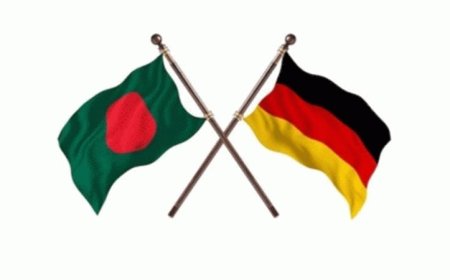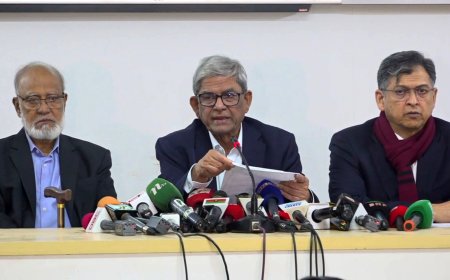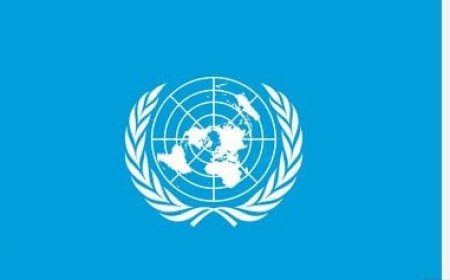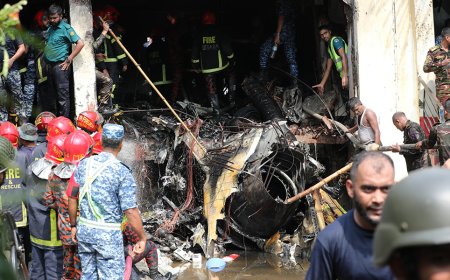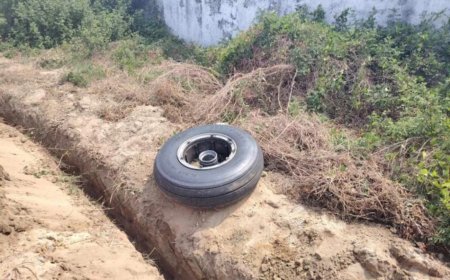Raw materials trafficked from Myanmar for heroin production entering Bangladesh
Meanwhile, growing concern has emerged over the import of poppy seeds used for Opium Cultivation.
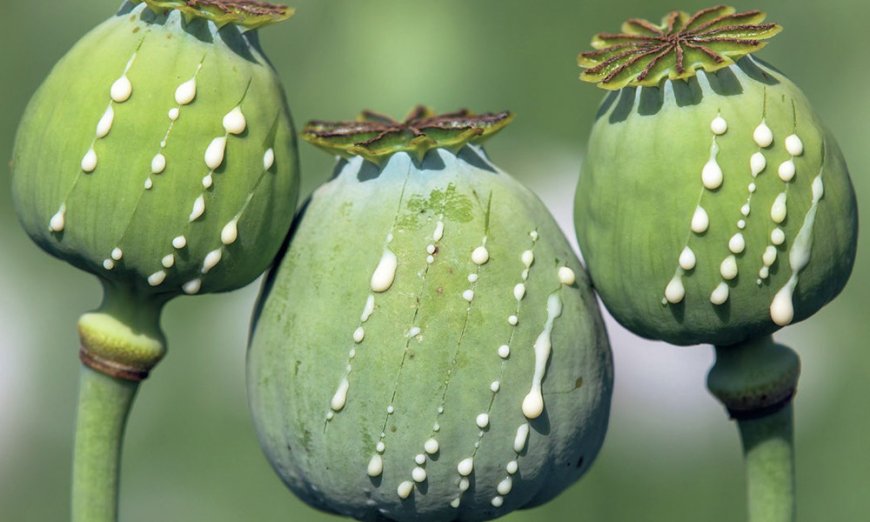
Heroin Raw Materials Flowing from Myanmar into Bangladesh, Then Smuggled Back After Processing in India
Raw materials used in the production of heroin are reportedly entering Bangladesh from Myanmar, with traffickers using the country as a transit route to India. The finished heroin, manufactured in Indian factories, is then smuggled back into Bangladesh. A regional office of the Department of Narcotics Control (DNC) has recently alerted authorities to this alarming development.
At the same time, growing concern has emerged over the import of poppy seeds—used to cultivate opium-producing plants. These seeds have long entered Bangladesh through deceptive means, evading customs and other agencies. Reports also suggest that drug smuggling through Rohingya camps has intensified, prompting the government to enforce high-level monitoring to curb narcotics trafficking.
Humayun Kabir, Deputy Director of the DNC Chattogram Division, said the customs department is handling confiscated poppy seeds. Chemical analysis by the DNC’s laboratory found the seeds to be non-germinating. Samples have been sent to Dhaka University, the Bangladesh Agricultural Research Institute in Gazipur, and Chittagong University of Engineering and Technology (CUET) for further verification.
According to DNC sources, a confidential report from the Rajshahi regional office revealed that large quantities of raw opium materials are being smuggled from Myanmar through the Chattogram Hill Tracts and Teknaf using cargo trucks. The contraband is then trafficked through Sultanganj Port in Godagari, Rajshahi, into India. The report, signed by former Deputy Director Zillur Rahman, warned that although Bangladesh is not a drug-producing nation, it is increasingly affected by cross-border drug infiltration.
Opium, the key ingredient in heroin production, has traditionally entered Bangladesh from Afghanistan via India through the Godagari (Rajshahi) and Bagha–Shibganj (Chapainawabganj) border points. However, a recent UN report identified Myanmar as the world’s largest opium producer. Intelligence inputs suggest that bulk consignments of opium are being trafficked from Myanmar through the Hill Tracts and Teknaf before being moved into India via Sultanganj. There, the opium is processed in clandestine laboratories and repackaged as heroin, which is later smuggled back into Bangladesh. Several syndicates based in Chapainawabganj and Rajshahi are reportedly involved.
The report further noted that Sultanganj River Port in Godagari—recently opened for cargo operations—is being used as a cover for trafficking activities. On April 22, police arrested Tariq, a major drug kingpin and leader of a heroin-smuggling network, seizing 6.5 kilograms of heroin and Tk 13 lakh in cash.
Experts warn that Bangladesh’s strategic location at the crossroads of the Golden Triangle, Golden Crescent, and Golden Wedge—Asia’s three main drug-trafficking zones—makes it highly vulnerable to narcotics transit. This geographic positioning has made the country an attractive route for international cartels.
Investigations reveal that traffickers are smuggling sticky opium resin—a semi-liquid extract from poppy pods—in drums from Myanmar. Many law enforcement officials reportedly fail to recognize it as a heroin precursor, mistaking it for rubber sap or fish feed. Once in processing facilities, the resin is reacted with acetic anhydride to produce opium, and a subsequent reaction refines it into heroin.
Former DNC Director Abu Taleb told reporters that law enforcement personnel, especially in the Chattogram Division, require specialized training to identify such deceptive trafficking techniques. Otherwise, he warned, smugglers could easily mislead them. He added that although Border Guard Bangladesh (BGB) and the army have destroyed acres of poppy cultivation in remote forest areas, some regions remain so inaccessible that eradication is nearly impossible. However, he clarified that poppy seeds themselves cannot directly produce narcotics.
Meanwhile, authorities are investigating two containers seized at Chittagong Port that were falsely declared as bird feed but were found to contain banned poppy seeds imported from Pakistan. The shipment—32 tons in total—was imported by M/S Adib Trading of Korbaniganj, Chattogram. The containers arrived on October 9 and were transferred to a private depot, Saber Ahmed Timber Company Ltd, for clearance.
An internal DNC report further identified 66 active entry points—by land and river—being used to smuggle drugs from Myanmar into Bangladesh. Of the 271-kilometre Bangladesh–Myanmar border, a significant stretch remains unprotected, allowing traffickers to operate with ease, often using Rohingyas as couriers for cross-border transport.
A senior Home Ministry official confirmed that following the DNC’s confidential report, the government has ordered enhanced coordination among the BGB, police, and other law enforcement agencies in and around the Rohingya camps and border regions. All activities within the camps are now under close surveillance.
What's Your Reaction?
















